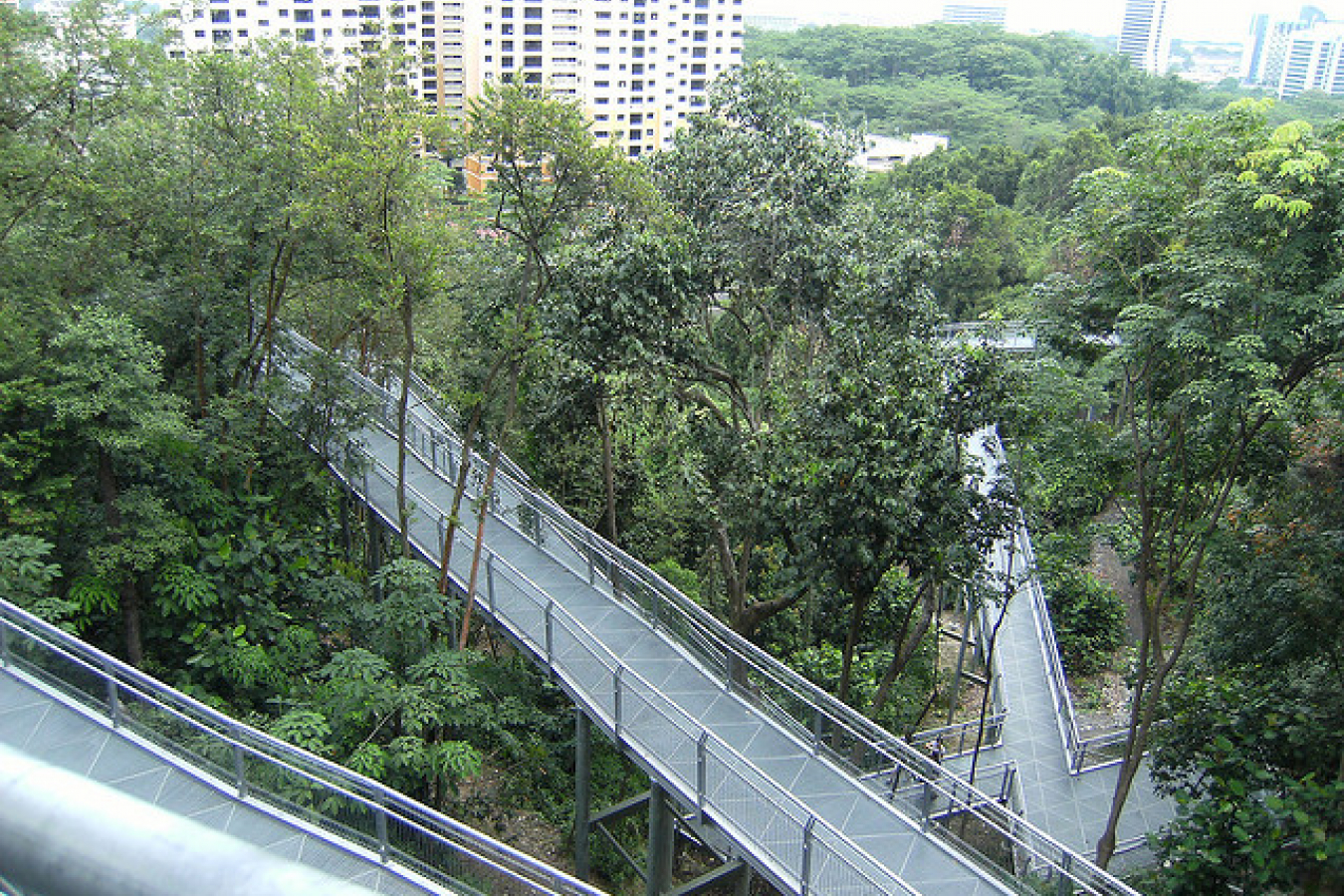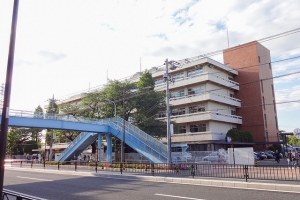Support migrant centric journalism today and donate

 • Watch This Video
• Watch This VideoSingapore will promote immigration to increase its population as the island nation's birth rate continues to decline, Prime Minister Lee Hsien Loong said in a speech recently.
In his annual speech marking National Day, Lee also suggested ways to encourage Singaporeans who have gone overseas to eventually return home and urged couples to have more children.
"We are short 14,000 babies,'' Lee said. "We have to bring in new immigrants. If our population shrinks, Singapore will face a very serious problem.''
About 35,500 babies were born in 2004, short of the 50,000 needed annually to maintain the 4.2 million population, and the fertility rate fell to a record low of 1.24 children per female, according to the Department of Statistics.
It was the 28th straight year the city-state's birth rate fell below the "replacement rate'' that is needed to maintain the population.
Many western nations face a very similar problem, where the birth rate is not high enough to compensate for both the death rate and the increasing average age of the population. Countries such as Australia and Canada have been aggressively recruiting immigrants for nearly a decade now to compensate. A number of Central and Western European States such as Germany, Great Britain and the Scandinavian countries are also beginning to face the same shortfalls.
Prime Minister Lee said a Citizenship and Population Unit would be set up as part of his office to attract foreigners, and the nation would seek "all kinds'' of talent. He urged Singaporeans, who have been leery of foreign workers competing for jobs here, to welcome newcomers.
"To grow and flourish, we must welcome those who can help us to reach our goals,'' he said. "That is the way to build Singapore for Singaporeans.''
His message echoes strongly numerous statements and policy approaches in Canada recently, where the government has published supporting data and urged Canadians to embrace diversity in their culture and population as a critical facet for economic stability and prosperity.
Prime Minister Lee said his office would also set up an online portal of the Overseas Singaporean Unit to reach out to Singaporeans abroad and keep them informed of local developments and help them assimilate if they return home.
Lee's comments came a day after Senior Minister Goh Chok Tong, a former prime minister, said Singapore's declining birth rate would have a severe impact on the country's future and national identity and appealed to young couples to have children.
Singapore has implemented several measures to promote procreation, including tax breaks for families, cash bonuses, state-subsidized child care - even a state-sponsored dating agency.
The falling birth rate is a dramatic reversal from the past. When Singapore's fertility rate hit 4.7 in the 1960s, the government feared people were having too many children and launched an intensive family-planning campaign.
Related:
• Immigration fails to stem European population loss• EU short of skilled labor
• OECD releases immigration statistics report for 2004
• UN Population Commission issues report on migration
• Ageing Australian population fears immigration less
• Australia needs more migrants to boost economy
• Ottawa ranked as first in economic growth in Canada
• Vancouver, Canada named best city to live in
• Germany's population continues to decline





















